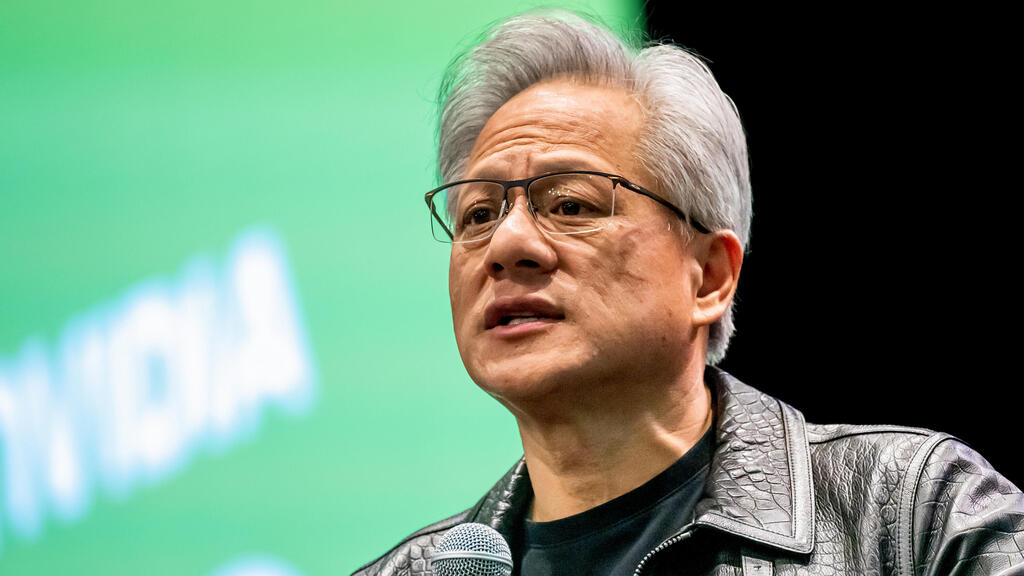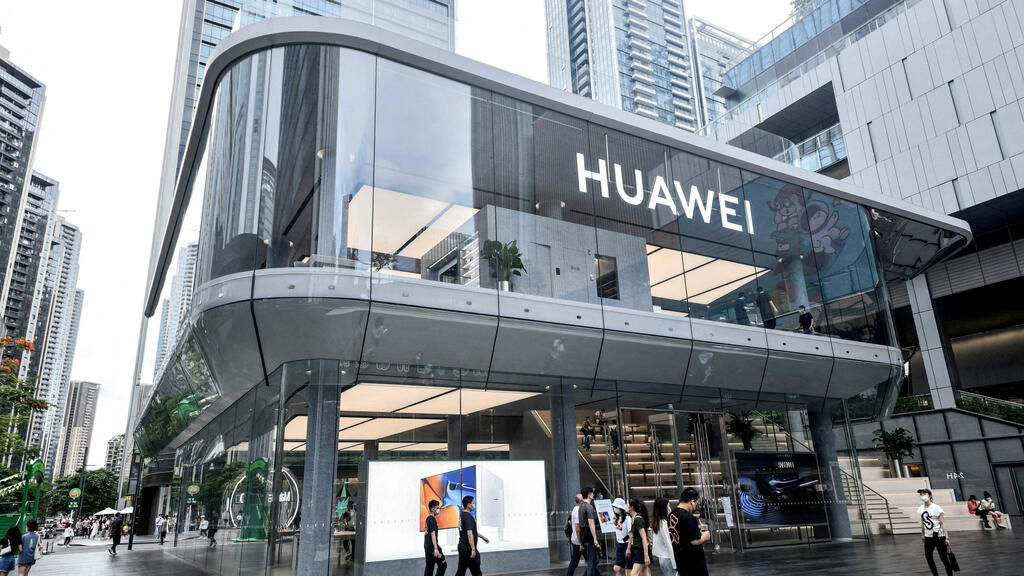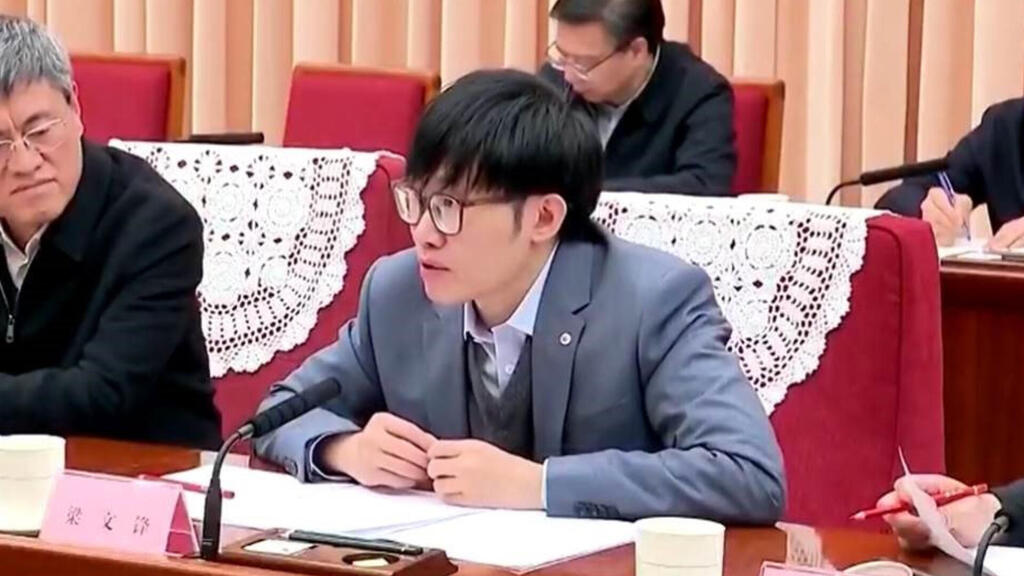Concerns over insufficient government investment in artificial intelligence (AI) aren't limited to Israel — similar alarms are being raised in the U.S., as China rapidly closes the gap in AI development.
Over the weekend, Nvidia CEO Jensen Huang urged American policymakers to treat AI as a long-term strategic priority, calling for a national investment in AI workforce development. Speaking at the Hill & Valley Forum in Washington, Huang noted, “50% of the world’s AI researchers are Chinese, a factor that must play into how we think about the game.”
‘China is right behind us’
Huang, whose company supplies the chips powering most advanced AI applications, said the U.S. must fully embrace the technology, retrain its workforce and ensure every worker has the knowledge to use AI effectively. In a briefing with reporters, he warned that the U.S. lead over China is slim: “They’re right behind us.”
He also pointed to Huawei, the Chinese tech giant blacklisted in the U.S., as a key player. “There is no question that Huawei is one of the most formidable technology companies in the world,” he said, adding that it has made “enormous progress” and is already developing its own AI chip for Chinese customers.
Nvidia, once seen as relatively insulated from U.S.–China tensions over chip exports, has taken a major hit. U.S. President Donald Trump’s administration’s export controls severely curtailed sales of Nvidia’s H20 processors to China — chips that are essential for AI research and training. Nvidia now estimates it could lose up to $5.5 billion in revenue.
The company argues the restrictions have backfired, only accelerating Chinese efforts —particularly by Huawei — to develop domestic AI chips and reduce dependence on Western tech. “We’re putting our own advantage at risk,” Huang said.
Get the Ynetnews app on your smartphone: Google Play: https://bit.ly/4eJ37pE | Apple App Store: https://bit.ly/3ZL7iNv
Huawei’s growing AI threat
Earlier this month, Huang reportedly expressed those same concerns in a closed-door meeting between Nvidia executives and the U.S. House Foreign Affairs Committee.
According to a source present, company officials warned that if DeepSeek’s advanced Chinese AI model R1 had been trained on Huawei chips instead of Nvidia’s, it could have triggered massive global demand for Huawei hardware.
At the Washington forum, Huang likened the current AI revolution to the Industrial Revolution, arguing that the U.S. succeeded historically because it adopted energy technology faster than any other country — rather than fixating on displaced workers.
In line with that outlook, Nvidia recently announced a $500 billion investment in AI infrastructure in the U.S. over the next five years. Plans include a new AI server manufacturing facility near Houston in partnership with Foxconn.
Despite his belief that AI will eventually handle a large portion of today’s jobs, Huang downplayed concerns about mass unemployment. He maintains that work itself will evolve.
At Nvidia’s recent conference in San Jose, he predicted the world will face a shortage of at least 50 million workers by the end of the decade. To help fill that gap, the company unveiled Groot N1, a foundational model designed for humanoid robots.




